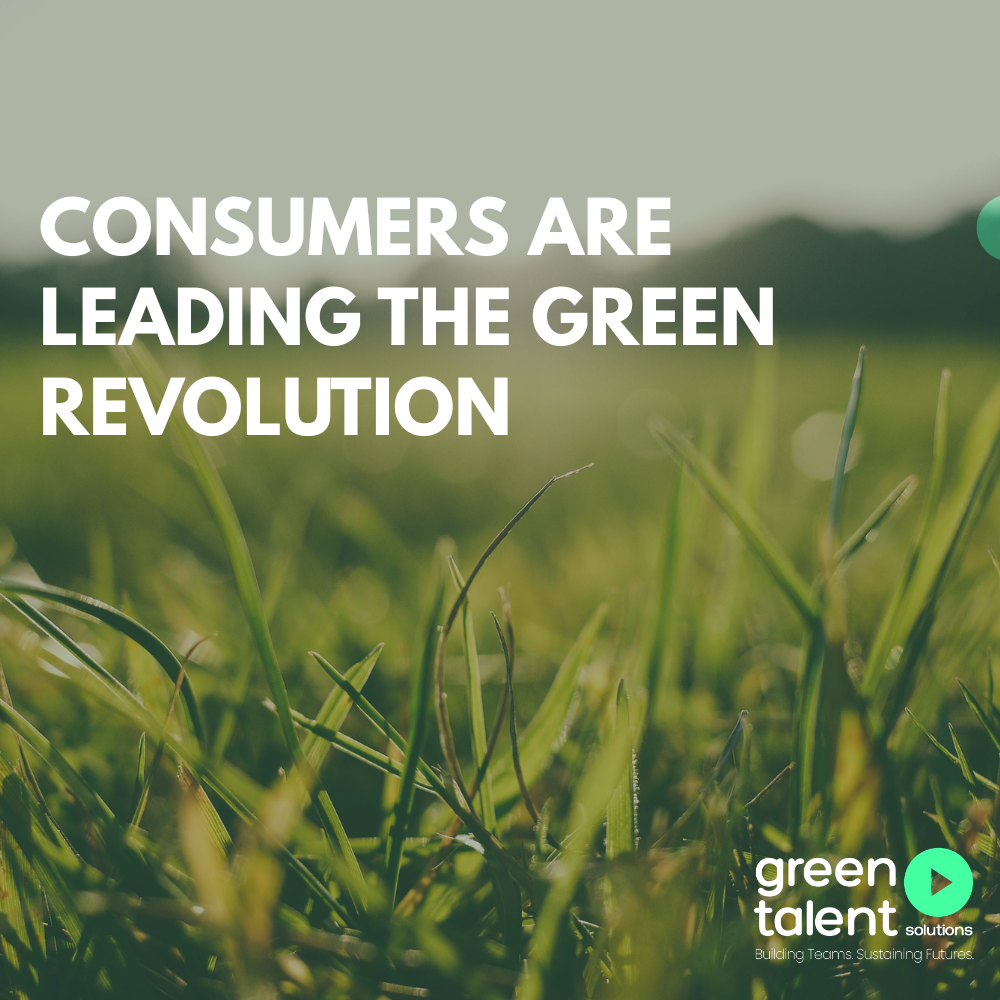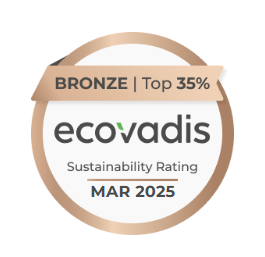Green Data Management: The Next Competitive Advantage
In an age of constant digital transformation, data powers everything, from customer insights to innovation, operations, and strategic decision-making. But behind the scenes, this surge in data usage carries a growing environmental cost.
With sustainability mandates on the rise and consumers demanding greater accountability from businesses, green data management is emerging as a critical business differentiator. Organisations that embrace environmentally conscious data practices aren’t just shrinking their carbon footprint, they’re also gaining a strategic edge in a sustainability-driven market.
The Business Case for Green Data Management
Green data management refers to strategies aimed at reducing the environmental impact of data storage, processing, and transmission. These include adopting energy-efficient infrastructure, minimising data waste, and optimising usage across systems.
As data usage scales, the energy demands of data centres and cloud networks are becoming increasingly unsustainable. According to the International Energy Agency (IEA), data centres already account for 1% of global electricity demand, a figure set to grow significantly unless businesses intervene with greener solutions.
Implementing green data practices offers more than just environmental benefits:
- Lower operational costs through energy savings
- Compliance with evolving climate-related regulations
- A clear sustainability narrative for stakeholders
- In competitive markets, eco-conscious data strategies can serve as a powerful brand asset, appealing to environmentally aware customers, partners, and investors alike.
Building Trust Through Data Transparency
Trust is becoming one of the most valuable currencies in business, and transparency around sustainability is key to building it.
Consumers and partners are increasingly scrutinising how companies uphold their environmental responsibilities. Public reporting on green data practices, such as energy usage, carbon reduction targets, and progress updates, can reassure stakeholders that a company isn’t just ticking boxes, but actively embedding sustainability into its operations.
Organisations that lead in this space often publish detailed sustainability reports, highlighting not just goals but tangible actions and impact. These reports can:
- Strengthen brand reputation
- Build deeper relationships with eco-conscious customers
- Attract ESG-focused investors
In a world where ethics, privacy, and sustainability intersect, green data transparency contributes to a resilient and trustworthy brand.
Aligning Green Data with ESG Objectives
Environmental, Social, and Governance (ESG) standards are reshaping how companies operate and report on success. Green data management naturally aligns with the environmental pillar of ESG by reducing emissions, improving efficiency, and supporting climate resilience.
Forward-thinking organisations are embedding green data into ESG strategies by:
- Meeting regulatory frameworks like the EU’s CSRD or the SEC’s proposed climate disclosure rules
- Partnering with cloud providers that prioritise renewable energy
- Redesigning internal data systems for lower energy consumption
This approach signals to investors and regulators that the business is not only compliant but ahead of the curve. It also fosters a culture of innovation, encouraging teams to develop cleaner technologies, rethink digital infrastructure, and drive long-term value through sustainability.
The Path Forward: Turning Data into a Green Advantage
The transition to green data management isn’t just a sustainability initiative, it’s a strategic business transformation. Companies that make the shift today are positioning themselves to thrive in a future defined by environmental expectations, regulatory pressures, and conscious consumers.
Key steps for implementation include:
✅ Optimising data usage – Use lifecycle management to reduce redundant data
✅ Investing in energy efficiency – Transition to sustainable cloud solutions and renewable-powered infrastructure
✅ Prioritising transparency – Track and report on environmental performance openly
By embedding green data principles into operations, businesses can lower costs, boost market trust, and stay competitive, all while doing right by the planet.
The momentum is clear: sustainability is no longer optional, and the opportunity to lead with green data is now.
How is your organisation integrating sustainability into its data strategy?
Speak to Jake Carrington on LinkedIn or drop him a line via email to find out how Eden Smith can help you move forward with purpose.
Green Talent Insights














